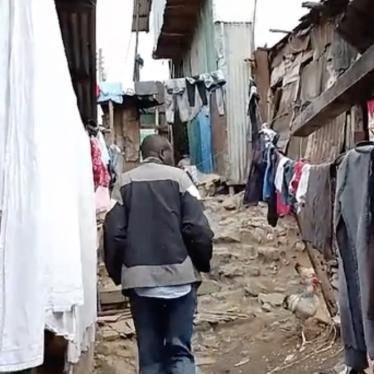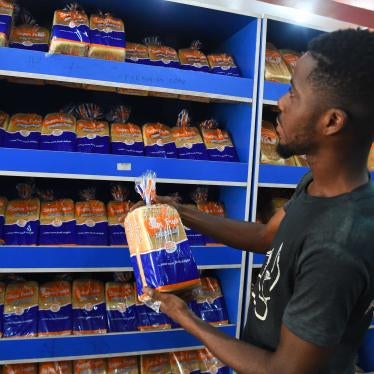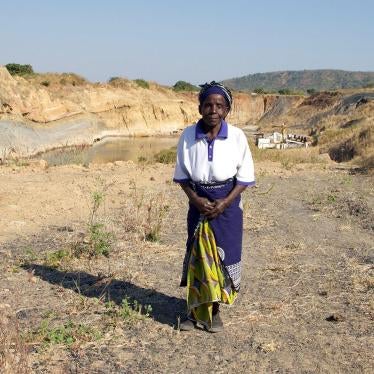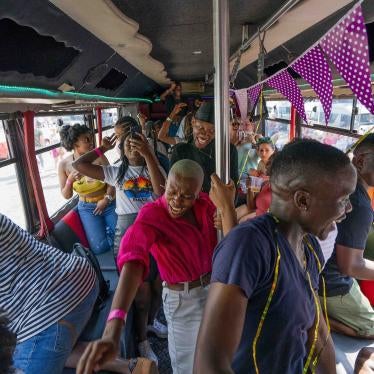When World Bank President Jim Kim was interviewed by CNN’s Richard Quest today, in the lead up to the World Bank and International Monetary Fund annual meetings in Washington, Quest asked President Kim how the World Bank can effectively work in countries plagued by systematic human rights abuses without exacerbating them. This question is timely because the World Bank is about to launch a new strategy that embodies the Bank’s desire to take bigger, though smarter, risks -- including by investing in fragile and conflict-affected countries.
But Kim’s response -- that the bank has “state of the art” safeguard policies -- suggests the bank will barrel ahead without due caution. The bank’s safeguard policies partially address protecting indigenous peoples’ rights and ensuring that people are resettled appropriately, but fall short of international human rights law on those areas and more generally. Moreover, the policies don’t even require the World Bank to analyze human rights risks in designing and carrying out its activities.
The World Bank has a role to play in fragile and conflict-affected states but it needs to take full account of the human rights risks. In Vietnam, the World Bank funded health programs in government drug detention centers in which Human Rights Watch documented arbitrary detention, forced labor and torture. In Ethiopia, the World Bank and other donors haven’t properly monitored or investigated discrimination by the authorities on the basis of political opinion and other abuses connected to their projects. In Tanzania, the World Bank missed the opportunity to explicitly address child labor and the negative health impacts of mercury use in a project that supports the mining sector, including small-scale miners.
The World Bank is undertaking its first wholesale review of its safeguard policies. If it goes right, bank staff will be required to identify potential human rights risks and work to prevent or mitigate them, to avoid contributing to abuses. Many other development institutions, and a growing number of companies, carry out such “due diligence.” But the World Bank lags behind.
Rather than defend the bank’s outdated safeguards as the organization prepares to take on new risks, its president should send the message that protecting human rights is essential.









